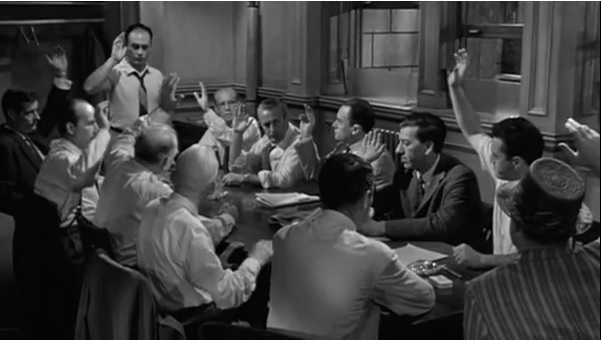Every time I assess performance of my team members, I do some meta-cognitive thinking. And the stuff that I find out about myself is always startling. Sometimes I find myself controlling the urge to shield a favorite high performer. Other times I'm outright political. I even catch myself getting swayed by popular opinion. And what's worse, often I don't even have enough evidence or observed data points about a person to qualify to give feedback. For those, who like me feel the brunt of being human, here are some fun ways to control that devil inside:
1. Peep into Your Own Mind—Avoid Bias
Ask yourself‚ "Am I biased?" If the little voice in you says, "No," give it an Implicit Association Test (IAT):
https://implicit.harvard.edu/implicit/demo/takeatest.html
I came across this test in Malcolm Gladwell's book, "Blink," and it was an eye-opener. Most of us are biased, and as this site explains, we may not even be aware of it. Just becoming alert towards our biases may help us avoid them while assessing performance.
2. Probe the 12 Angry Men—Go by Evidence, Not Perception
Many times we get so carried away by our perceptions that we don't look for enough evidence of performance or the lack of it. We're too quick to jump to conclusions. The film‚ "12 Angry Men‚" is an intense watch that sensitizes the mind to look for facts. At some level, it even reminds me of an appraisal discussion where we take decisions that affect people's careers. The film (1 hour 52 minutes) tells us to state facts and to provide evidence for every definitive statement we make about a person's performance.
3. Be Like a Sleuth—Observe Carefully
Sherlock Holmes, Chapter 2, "The Science of Deduction" is a witty account of how Mr. Holmes stumps Dr. Watson with his capability to observe and to deduce:
http://en.wikisource.org/wiki/A_Study_in_Scarlet/Part_1/Chapter_2
While we don't need to be super sleuths, we do need to observe to be able to gather appropriate facts.
4. Avoid Political Appraisals—Support Good Performers
Give people their due. Avoid political appraisal of people's performance. In this candid address (7 minutes), Carl Icahn brings out the common culture and politics that surround promotions in our organizations. He gives a funny analogy of anti-darwinian organizations that promote talent that is weaker and weaker.
5. Monkey Say, Monkey Do—Don't Follow Popular Belief
Think for yourself. Don't get swayed by what others say about a person. We may not realize it, but we are not immune to peer pressure or popular opinion. Here is an interesting experiment (2 minutes) that tells us that we aren't infallible:
We must double check for such effects on our feedback and assessment ratings. While these resrouces opened my mind towards performance assessment, you can also use them in workshops to help executives become better performance and talent assessors. So have fun assessing people, and keep that devil in check.
